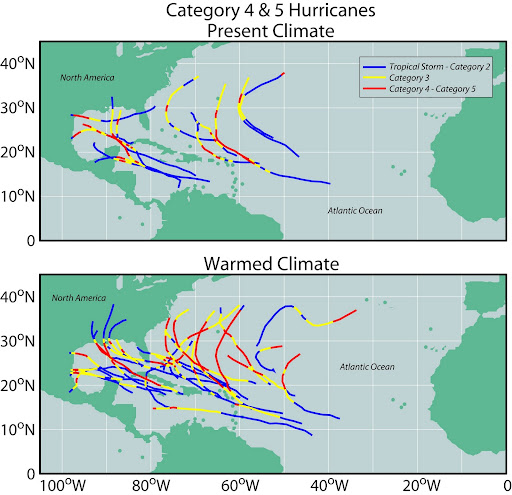
A leading Australian climate change scientist says experts are losing the fight against skeptics, who are distorting the science of global warming.
His comments come as a prominent British climate change skeptic tours the country.
Lord Christopher Monckton has arrived in Australia for a series of lectures and is calling for a royal commission into the science around global warming.
The former journalist and political adviser to Margaret Thatcher says the production of carbon dioxide is not a major problem.
He has attacked the United Nations Intergovernmental Panel on Climate Change (IPCC) after it revised a key finding in its 2007 report which wrongly claimed the Himalayan glaciers would melt by 2035.
But one of the lead authors of the report, Australian Professor Andy Pitman, has defended the overall conclusions of the report.
Professor Pitman was a lead author on the IPCC's 2001 and 2007 reports. He is also the co-director of the Climate Change Research Centre at the University of New South Wales.
Professor Pitman says sceptics have used the IPCC's error to skew the climate change debate.
"Climate scientists are losing the fight with the skeptics," he said.
"The sceptics are so well funded, so well organised. "They have nothing else to do. They don't have day jobs so they can put all their efforts into misinforming and mis-communicating climate science to the general public, whereas the climate scientists have day jobs and [managing publicity] actually isn't one of them.
"All of the efforts you do in an IPCC report is done out of hours, voluntarily, for no funding and no pay, whereas the skeptics are being funded to put out full-scale misinformation campaigns and are doing a damn good job, I think.
The rest of the post is here.




